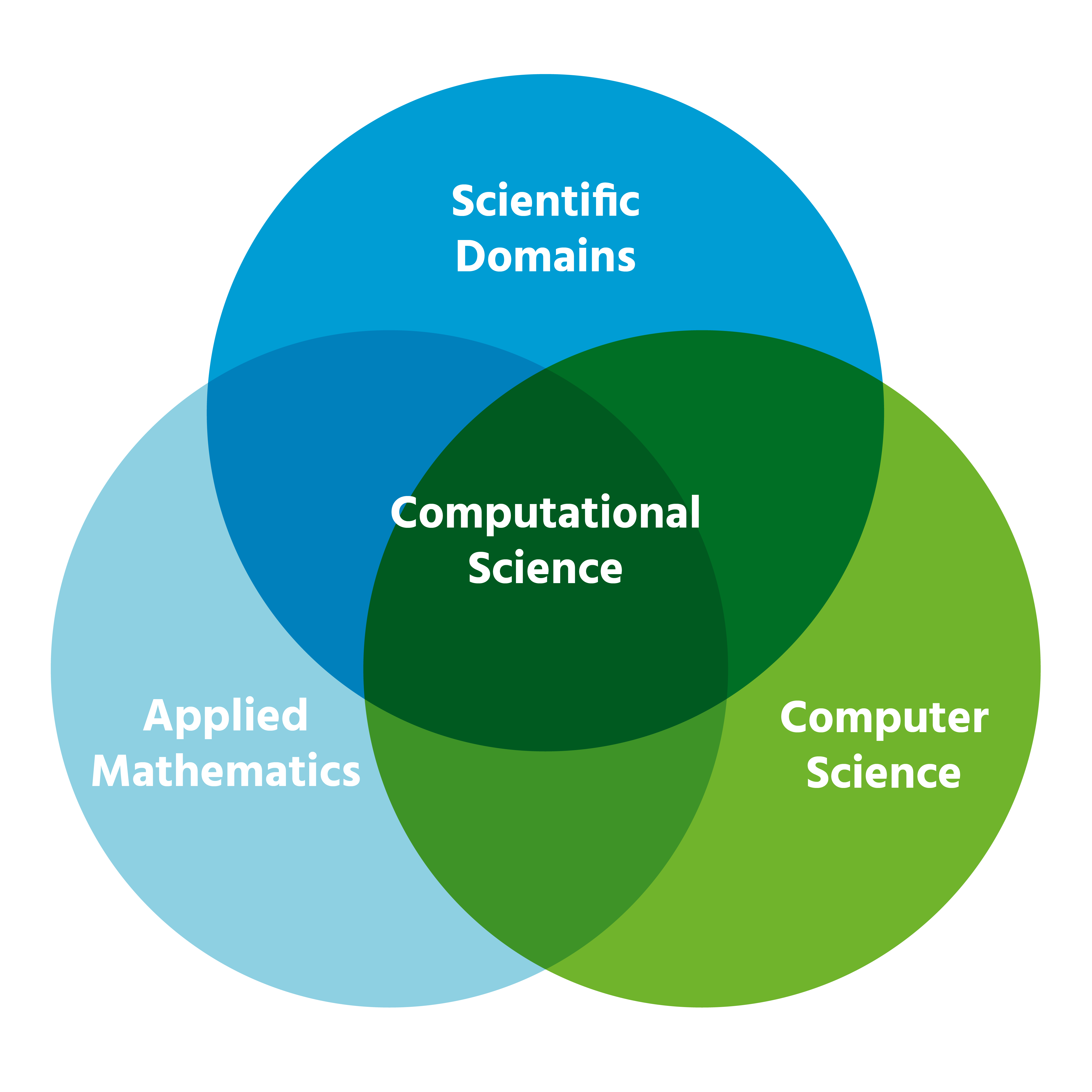Is Time Travel Real? Science, Theory, and What You Need to Know
Understanding Time Travel: Fact, Theory, and Science
Time travel has long captured human imagination, from classic literature to blockbuster films. But how much of what we’ve seen in fiction holds up in the real world? Recent advances in physics, mathematics, and even quantum computing have reignited debates about whether time travel is possible, and if so, what it truly means for science and humanity. This article explores the current scientific consensus, prominent theories, real-world experiments, and reliable ways to learn more about the subject.
The Basics: What Is Time Travel?
Time travel, in the scientific sense, refers to the concept of moving between different points in time, much like we move between locations in space. While everyone experiences time at a constant rate-one second per second-science asks if it’s possible to alter this rate or even reverse it. Theories about time travel typically focus on two key areas: traveling into the future and traveling into the past.
Einstein’s Theory of Relativity: The Foundation of Scientific Time Travel
Albert Einstein’s theory of general relativity, first presented in 1915, fundamentally changed how scientists understand time and space. According to relativity, time and space are linked into a single fabric called spacetime. One of the most profound implications of this theory is that the passage of time is not absolute; it can vary depending on speed and gravity. This is not just a theoretical idea-experiments have repeatedly shown that moving at high speeds or being in strong gravitational fields causes time to pass more slowly, a phenomenon called
time dilation
[4]
.

Source: savvytime.com
For example, when two precise clocks are synchronized and one is flown in a fast-moving airplane while the other remains on Earth, the clock in the airplane is observed to have ticked slightly slower. This confirms Einstein’s prediction and demonstrates that time travel-at least to the future-is not only possible but happens every day, albeit on a minuscule scale [4] .
Mathematics and Paradox-Free Time Travel
One of the biggest challenges to the idea of time travel is the possibility of paradoxes, such as the famous “grandfather paradox” (where a person travels back in time and prevents their own existence). In 2020, a mathematical study provided comfort to enthusiasts by showing that paradox-free time travel is possible-at least in theory. Researchers Germain Tobar and Fabio Costa demonstrated that, under certain mathematical conditions, events could remain self-consistent even if time travel occurs within “closed time-like curves”-a concept first theorized by Einstein [2] .
Their work, published in the journal Classical and Quantum Gravity, suggests that if a traveler goes back in time, events will adjust themselves so that paradoxes do not occur. This means that while actions taken in the past may influence the present, they cannot result in logical contradictions. However, it’s important to note that these findings remain theoretical, and no practical method for human time travel to the past has been demonstrated.
Quantum Physics and Theoretical Breakthroughs
Quantum mechanics adds further intrigue to the puzzle of time travel. Recent research from physicists like Lorenzo Gavassino has used quantum theory, relativity, and thermodynamics to propose new models for time travel that might sidestep classic paradoxes altogether. These studies explore how particles could, in theory, interact with their past selves without violating causality. While these concepts push the boundaries of current physics, they remain highly theoretical and are not yet supported by experimental evidence [3] .
Additionally, researchers at the University of Cambridge have simulated models of “backwards time travel” to solve experimental problems in quantum mechanics. By using quantum entanglement-where particles remain linked even at a distance-they’ve shown that certain problems could be addressed as if information traveled backward in time. While this does not mean actual time machines exist, it opens new frontiers in scientific thought and experimentation [5] .

Source: pixabay.com
Real-World Examples and Experimental Evidence
There is no credible evidence that humans have built a time machine or traveled to the past. However, the effects of time dilation are well-documented and observable in technology. For instance, the GPS satellites orbiting Earth must account for both special and general relativity to maintain accuracy. These satellites experience time slightly differently than people on the ground due to their speed and position in Earth’s gravitational field. Without the corrections based on relativity, GPS systems would quickly become inaccurate [4] .
Other real-world examples include experiments with high-speed particles in accelerators. These particles decay more slowly when accelerated to near-light speeds, demonstrating that time passes differently for them compared to stationary observers. Such findings confirm the predictions made by Einstein over a century ago and support the idea that time travel-at least to the future-is physically real.
How to Learn More and Explore the Science of Time Travel
If you want to dive deeper into the science and possibilities of time travel, consider these practical steps:
- Visit reputable science education platforms, such as NASA’s official Space Place website, to understand time travel in accessible terms. You can search for “NASA Space Place time travel” for reliable educational resources [4] .
-
Explore peer-reviewed journals like
Classical and Quantum Gravity
for the latest mathematical and theoretical research on time travel. Many universities provide access to these journals through their libraries. - For in-depth scientific news and discoveries, consult established publications such as Popular Mechanics and university research portals. These sources often summarize complex studies in more accessible language.
- If you are interested in the philosophical and logical implications, seek out interviews and lectures by philosophers and physicists who specialize in the subject. University websites and major science magazines often feature such content.
- Stay informed about recent breakthroughs by following science news aggregators and reputable newsletters. For example, science outreach blogs and newsletters often highlight new research as it is published.
Key Challenges and Alternative Perspectives
Despite the theoretical advances, time travel faces significant scientific and practical hurdles. The energy required to warp spacetime enough for backward time travel is far beyond current technology. Furthermore, the risk of paradoxes, while possibly resolved mathematically, remains a matter of philosophical debate. Some physicists argue that even if time travel is possible in equations, nature may have built-in safeguards that prevent it from occurring in reality. Others continue to search for exceptions or new laws that could make time travel viable.
While some news sources occasionally report claims of time travelers or mysterious events, there is no scientifically verified evidence supporting such stories. Readers are encouraged to approach these claims critically and focus on information from established scientific organizations and peer-reviewed research.
Practical Guidance for Further Exploration
For those interested in pursuing a deeper understanding of time travel:
- Consider enrolling in university-level physics courses, many of which are available online through reputable platforms. Search for “online relativity courses” or “quantum mechanics classes” for options from accredited institutions.
- Engage with online communities and forums focused on theoretical physics, but always verify the credentials of contributors and the reliability of shared information.
- If you wish to contribute to this field, consider pursuing formal education in physics or mathematics, as active research is ongoing at universities and institutes worldwide.
- You can contact university physics departments or science museums for lectures, seminars, and educational resources. Most universities publish contact information for their faculty and outreach staff on official websites.
Summary and Key Takeaways
Time travel is a subject where science fiction, philosophy, and physics intersect. While traveling into the future at rates different from Earth’s standard time is both possible and experimentally verified, traveling to the past remains in the realm of theory and mathematics. No current technology allows for human time travel beyond the effects predicted by relativity, but ongoing research continues to challenge and expand our understanding of what may be possible in the universe. For now, the most reliable way to explore time travel is through careful study of established science and regular consultation of reputable educational sources.
References
- [1] Marca (2025). Scientists claim that time travel is possible and humans have already done it.
- [2] Popular Mechanics (2025). A Scientist Proved Paradox-Free Time Travel Is Possible.
- [3] Superhuman.ai (2025). Sunday Special: Scientists crack time travel (well, theoretically).
- [4] NASA Space Place (2020). Is Time Travel Possible?
- [5] University of Cambridge (2023). Simulations of ‘backwards time travel’ can improve scientific experiments.
MORE FROM searchhole.com













